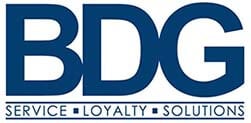It is important for employers to be well aware of all of the rights that their employees hold at every stage in their business relationship. This starts during that initial interview and runs all the way until an employee retires, potentially covering decades of the person’s life. Employers need to understand their legal obligations and what actions they can and cannot take in their position of authority in this relationship.
After all, the relationship is often complex and may raise many questions. Some of the most important ones for an employer to ask are:
- What rights does a worker have if they suffer an injury resulting in disability or if they have a disability at the time of hiring?
- If employees have disabilities or other such issues, what types of special accommodations do employers need to make?
- What can employers do to prevent things like harassment and discrimination on the job?
- What is workplace retaliation and how can employers avoid it?
- What leave rights do employees have under current laws and what obligations does the company have while they are on leave?
- How should various workers be classified, especially for tax and payroll purposes?
- What types of complex wage and hour issues may arise and what rights do both sides have when there is a dispute?
- What steps does an employer need to take if they want to downsize the workforce, lay off multiple workers or just let a single worker go?
- How can employers protect employees’ privacy rights during drug testing and other such procedures?
- What should be done to settle a dispute between a worker and a supervisor or the company as a whole?
These are just a few examples of the issues employers may encounter, and they always need to know exactly what steps to take.

